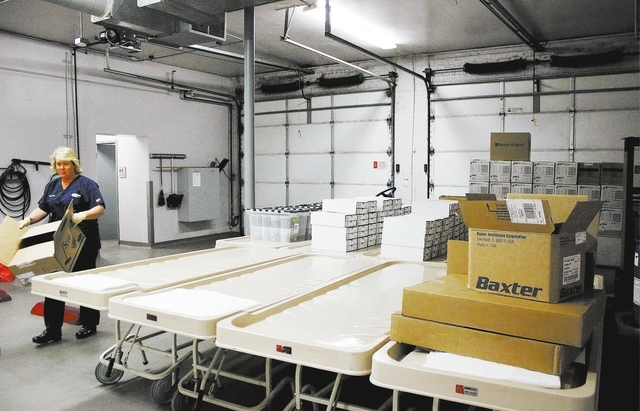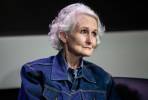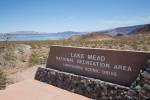Coroner says unraveling the cause of death is first step
The air is a chilly 38 degrees as a forensic investigator wheels a blue body bag into a refrigeration unit at the Clark County Coroner’s Office, 1704 Pinto Lane. A purple foot rolls out as the bag is zipped shut.
The office receives about 10 to 15 cases a day, according to Coroner P. Michael Murphy.
“Cases come in at all hours,” Murphy said, “24 hours a day, seven days a week, 365 days a year.”
The office follows a strict set of operations for each case. First, forensic investigators determine the cause of death.
“The cause of death is the medical reason why someone ceases life,” Murphy said. “It could be a gunshot wound to the head, diabetes mellitus or cancer.”
Investigators next determine the manner of death.
“What’s important about manner of death is that there’s only five: accident, suicide, homicide, undetermined or natural causes,” Murphy said. “There are millions of causes but only five manners.”
Homicide does not always equate to murder, Murphy said. A homicide case is defined as “an interaction between two humans in which a death occurred.”
“Murder is a judicial ruling,” he said. “Homicide is a medical investigation.”
A case becomes undetermined if investigators are unable to medically explain the cause of death or if the case has conflicting manners of death.
“Undetermined cases don’t happen often,” Murphy said. “It’s less than 1 percent of our cases.”
After the manner is declared, investigators attempt to identify the subject using facial recognition, a computerized search that runs facial images through a database. The identification is then backed up by evidence such as fingerprints, dental records or DNA.
“DNA testing is very time-consuming and extremely expensive,” Murphy said. “So we try to keep it very basic if possible.”
When the person is properly identified, investigators notify the next of kin. They search records, databases and specialized search engines to locate family members.
“Most times, we start with the address on the driver’s licenses,” Murphy said. “We’ll go out and do a door knock and follow the trail from there.”
The office works with other consulates and embassies to notify the next of kin for individuals who live out of town or out of the country.
“By statute, it’s our responsibility to notify them in a timely manner,” Murphy said. “The vast majority of the time, we can get all this done within 24 hours.”
If the body cannot be identified or the family cannot be located, the Coroner’s Office reaches out to other agencies for help.
For example, the Metropolitan Police Department’s missing persons unit helped locate the family of Karen Matthews, 58, who died of natural causes on Sept. 5 in her dorm room at UNLV.
The unit suggested looking for ex-family members who married into the family, according to Murphy.
“I think it was an ex-wife we found who was really good at giving us information,” Murphy said. “We followed up with what she said and ended up locating (Matthews’) last surviving sister.”
Fewer than one-tenth of 1 percent of all coroner cases remain unidentified for more than 30 days, Murphy said.
“It can be a challenge for us but not one we’re unwilling to accept,” Murphy said. “It has a level of reward to it. We provide families with some resolution so they’re not left with the unknown anymore.”
The Coroner’s Office does not release information to the public until the body is identified and the next of kin is notified, according to assistant coroner John Fudenberg.
“We want to make sure the family of the decedents find out about the death in an appropriate manner,” Fudenberg said. “We are trained in notifying individuals about deaths, and we do it in a compassionate and controlled manner.”
Nearly 15,000 people died in Clark County last year, according to Murphy. The coroner’s office was involved in more than 10,000 cases; however, about only 4,000 of them needed further investigation.
“So basically, we can say almost 11,000 of those cases were natural deaths,” Murphy said. “Certainly, we see more natural deaths than anything else, and I think that’s what we all prefer to hear, anyway.”
Contact Southwest/Spring Valley View reporter Caitlyn Belcher at cbelcher@viewnews.com or 702-383-0403.




























